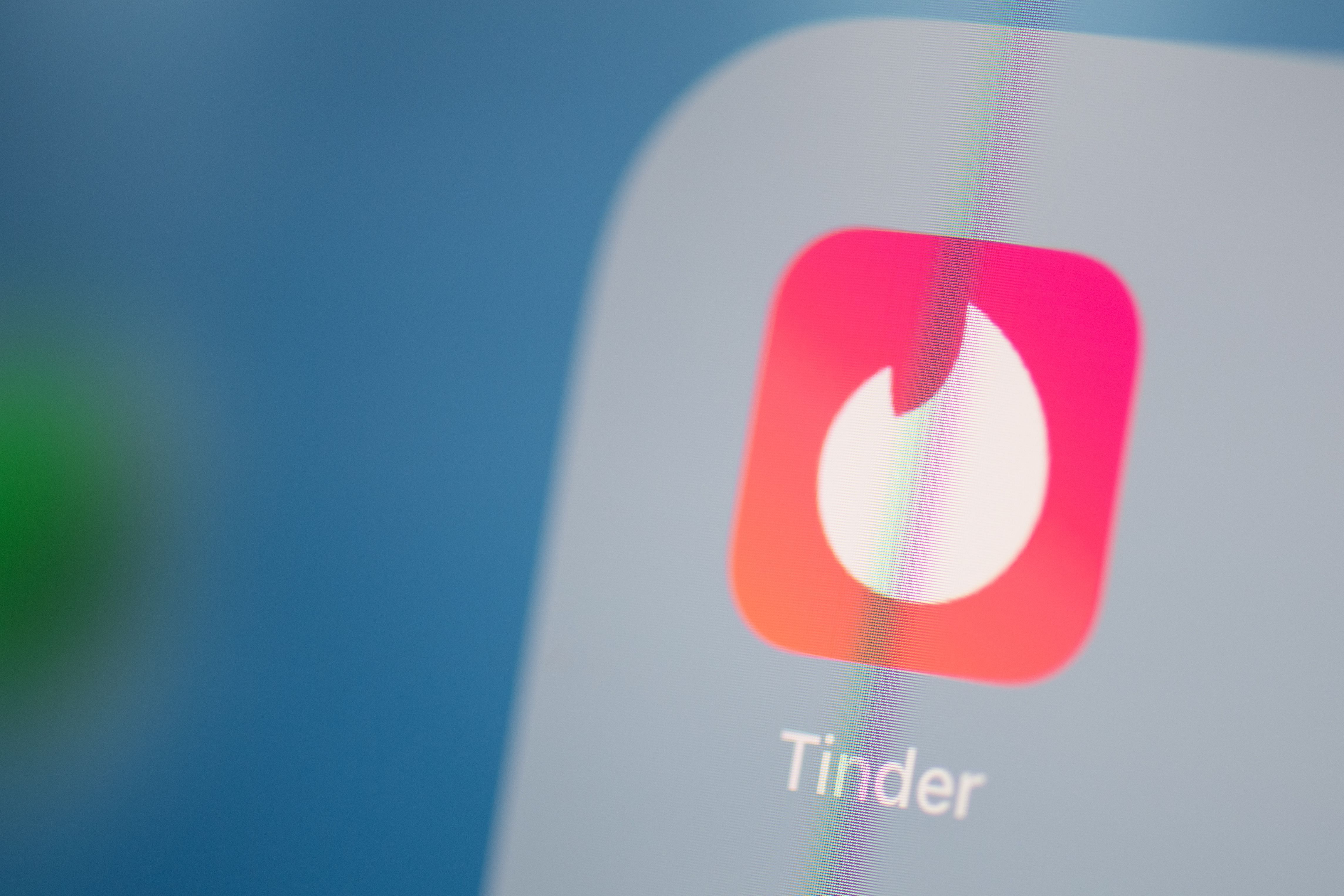
Faced with a crackdown on Facebook and Instagram by authorities, student-activists have now turned to the dating app, Tinder, to mobilise protests against the Citizenship Amendment Act (CAA).
Amulya Leona (19), a Bengaluru-based student said that she first had the idea to use Tinder after her protest-themed account on Instagram was taken down. The account had been used to mobilise people for the December 19 protest at the Town Hall.
When she created a new account called Bangalore_Protest on December 20, it was blocked almost immediately. “That was when I had the idea of migrating my activism to Tinder,” she said.
“The reasoning behind this is that if you have an Instagram account linked to your Tinder account, a lot of men will end up coming to your Instagram account to sometimes send creepy messages. I decided to use this to make people more aware of anti-CAA protests,” she added.
While she had been uploading protest banners on her Tinder account since December 15, Amulya said that she began to escalate the uploads after the December 19 protest. “We saw a substantial increase in the number of people turning up at these protests,” she said.
However, by Wednesday morning, the Tinder account had also been blocked.
Other activists, speaking on the condition of anonymity reported similar problems.
They clarified that Instagram is also refusing to register any account name with the word “protest” in it.
Part of practice
A spokesperson for Facebook (which owns Instagram) admitted that the company actively works with law enforcement to take down content, but defended the practice as regular protocol. “We have clear policies against harmful content. We also work with eight third-party fact-checkers in India to help prevent the spread of misinformation by reducing its distribution on [our platforms], and we will remove misinformation completely where it has the potential to cause offline violence,” he said.
However, activists who have had their accounts blocked demanded to know how a post about an upcoming protest could qualify as “harmful content”. Senior police officers could not be reached for comment.
Suhail (name changed), a criminologist and cybercrime expert, said that some posts and accounts are possibly banned after they were repeatedly reported as “harmful content”, by fake users.